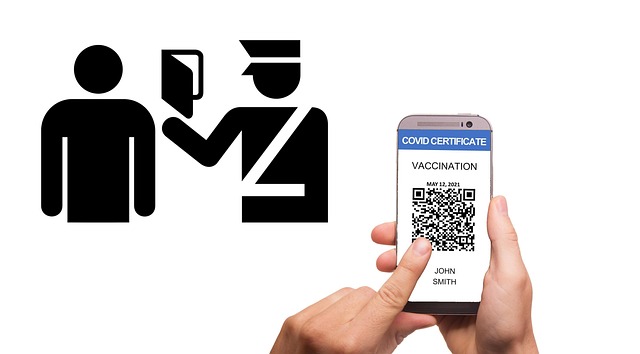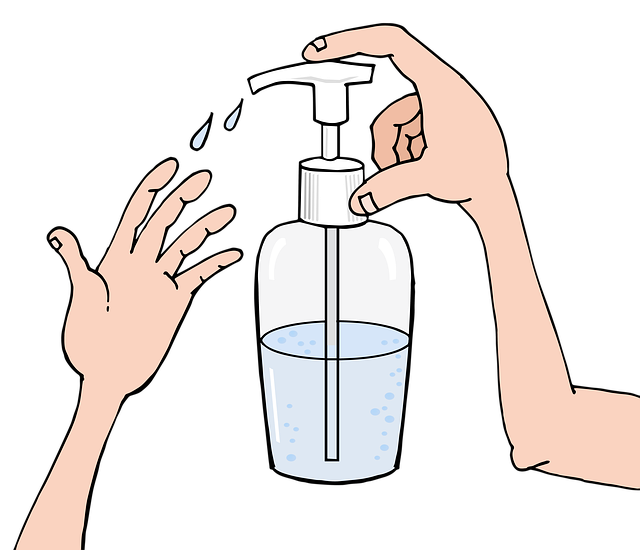Adhering to local gas safety certificate requirements is vital for safe living and working environments. These certificates ensure gas appliances meet safety standards through regular maintenance checks by qualified professionals, fulfilling legal obligations and providing peace of mind. Regular maintenance, recognizing red flags, and prompt issue resolution are key to mitigating risks associated with gas systems, protecting lives, properties, and surroundings.
Gas safety is a critical aspect of home ownership, with regular checks and maintenance being essential to prevent accidents. This comprehensive guide explores key solutions to common gas safety issues, focusing on understanding the importance of a Gas Safety Certificate. We’ll delve into practical steps like regular maintenance routines and identifying potential red flags. Additionally, we provide safe cooking practices for peace of mind in your kitchen. By following these tips, you can ensure a secure living environment.
- Understanding Gas Safety Certificate Requirements
- Regular Maintenance: Key to Preventing Leaks
- Identifying Common Gas Safety Red Flags
- Safe Cooking Practices for Your Home
Understanding Gas Safety Certificate Requirements

Understanding Gas Safety Certificate Requirements is a fundamental step in ensuring a safe living and working environment. In many regions, it’s legally mandated to have a valid gas safety certificate for properties and businesses that use gas appliances. These certificates are crucial tools provided by experts to verify that gas systems meet the necessary safety standards. The local gas safety certificate requirements can vary based on your location, with each area having its own governing bodies and regulations.
Obtaining the best gas safety certificate programs involves engaging qualified professionals who offer comprehensive assessments and regular maintenance checks. Gas safety advice from experts not only helps in meeting legal obligations but also provides peace of mind by mitigating potential risks associated with gas leaks, incorrect installations, or outdated systems. By adhering to local gas safety certificate requirements, homeowners and business owners can protect their lives, properties, and the well-being of those around them.
Regular Maintenance: Key to Preventing Leaks

Regular maintenance is an often-overlooked but critical aspect of gas safety. It involves routine inspections and servicing to ensure all gas appliances are functioning correctly and safely. This proactive approach is essential, as it helps identify potential issues before they escalate into leaks or worse. By scheduling regular check-ups, you can benefit from improved gas efficiency, reduced risks, and the early detection of any problems.
For landlords and care home operators, implementing a robust maintenance schedule is not just a safety measure but also a legal requirement. Ensuring that all appliances have up-to-date gas safety certificates demonstrates compliance with regulations and provides peace of mind for residents and tenants. Regular training for staff on gas safety tips can further enhance these efforts, fostering a culture of vigilance and responsibility in managing gas equipment.
Identifying Common Gas Safety Red Flags

Recognizing potential red flags is the first step towards ensuring gas safety within your home or business. Common issues that indicate a need for immediate attention include unusual odours, such as a “rotten egg” smell, which often signals a leak from faulty pipes or appliances. Other telltale signs are hissing noises coming from pipes or appliances, or if you notice a decrease in water pressure.
Regularly scheduled gas safety inspections by a qualified professional, like an emergency plumber Bromsgrove, are crucial to identifying and rectifying these issues early on. Understanding the local gas safety certificate requirements is essential for maintaining compliance with regulations. A comprehensive gas safety inspection can help pinpoint potential hazards and ensure that your property meets all necessary standards, ultimately protecting you and your loved ones from dangerous gas leaks.
Safe Cooking Practices for Your Home

Maintaining a safe cooking environment is paramount when dealing with gas appliances. Start by ensuring all gas appliances are installed and serviced regularly by qualified professionals to prevent leaks and ensure optimal performance. Regularly inspect gas lines, connections, and valves for any signs of damage or corrosion. Keep your kitchen well-ventilated to avoid the buildup of flammable gases and toxic fumes. Always follow manufacturer guidelines when using gas stoves, ovens, or grills, and never leave burning gas appliances unattended.
Implementing robust gas safety training for employees is crucial in commercial settings like hotels. Regular gas safety training ensures staff are equipped with the knowledge to identify potential hazards, respond to emergencies, and maintain gas equipment safely. Additionally, staying up-to-date with gas safety certificates and promptly addressing any issues that arise, such as a faulty regulator or damaged piping, is essential to upholding a safe environment for guests and staff alike.
In addressing common gas safety issues, understanding and adhering to strict gas safety certificate requirements, implementing regular maintenance, recognizing red flags, and practicing safe cooking habits are pivotal. By delving into these key areas, homeowners can ensure a secure environment, fostering peace of mind and preventing potential hazards. Regular vigilance and proactive measures are the cornerstones of maintaining an unassailable gas safety standard in your home.
